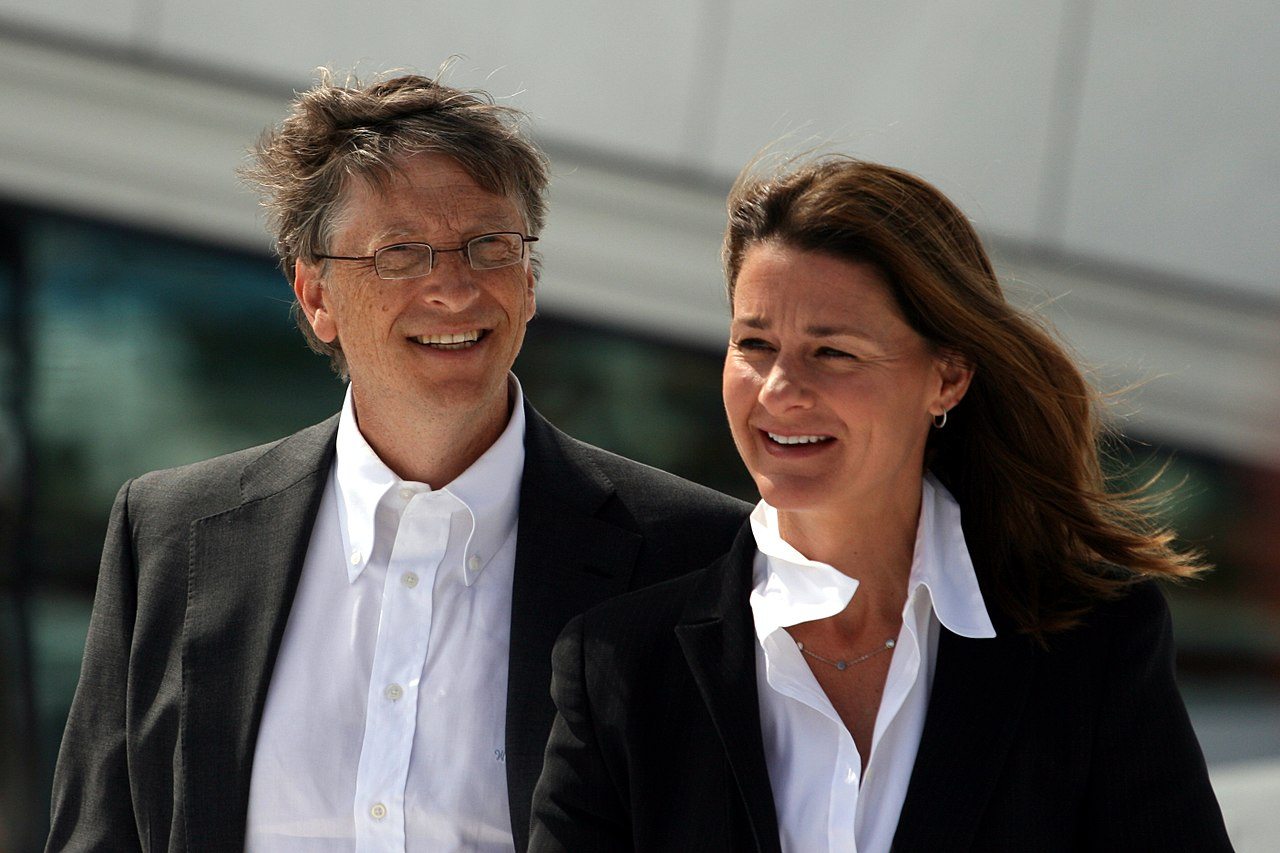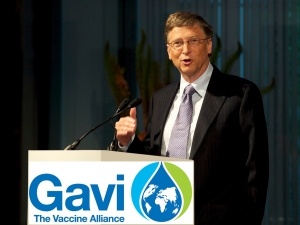Gates Foundation Seeks to Dominate Africa’s Food Systems
The Bill and Melinda Gates Foundation awarded another $10 million last week to the controversial Cornell Alliance for Science, a communications campaign housed at Cornell that trains fellows in Africa and elsewhere to promote and defend genetically engineered foods, crops and agrichemicals. The new grant brings BMGF grants to the group to $22 million. The PR investment comes at a time when the Gates Foundation is under fire for spending billions of dollars on agricultural development schemes in Africa that critics say are entrenching farming methods that benefit corporations over people. On September 10, faith leaders in Africa posted an open letter to the Gates Foundation asking it to reassess its grant-making strategies for Africa. The letter cites the Gates-led Alliance for a Green Revolution (AGRA) for its “highly problematic” support of commercial seed systems controlled by large companies, its support of restructuring seed laws to protect certified seeds and criminalize non-certified seed, and its support of seed dealers who offer narrow advice about corporate products over much-needed public sector extension services. “We appeal to the Gates Foundation and AGRA to stop promoting failed technologies and outdated extension methods and start listening to the farmers who are developing appropriate solutions for their contexts,” the faith leaders said. Despite billions of dollars spent and 14 years of promises, AGRA has failed to achieve its goals of reducing poverty and raising incomes for small farmers, according to a July report False Promises. The research was conducted by a coalition of African and German groups and includes data from a recent white paper published by Tufts Global Development and Environment Institute.









